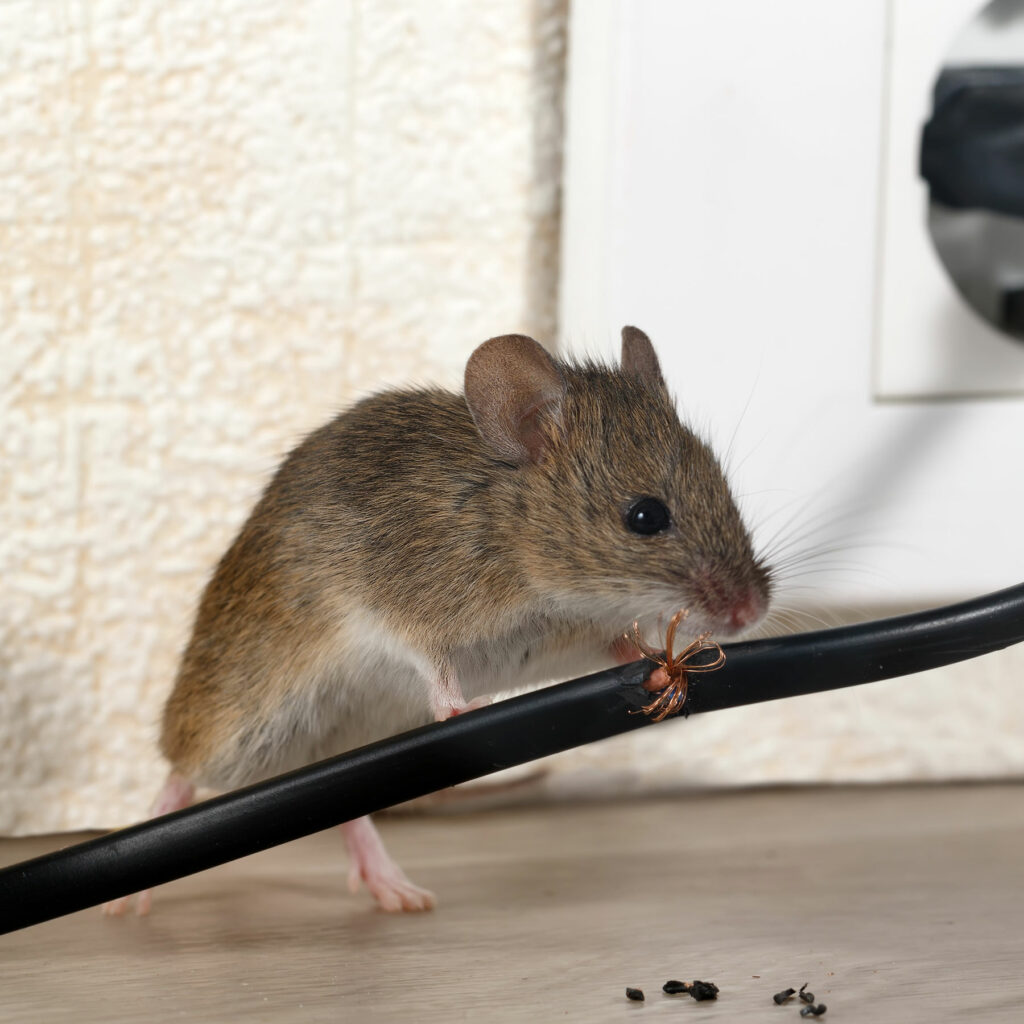Understanding Seasonal Pest Activity will allow you to have a proactive approach to pests rather than a reactive one.
How we approach this
Different pest species will be active during the different seasons of the year. Some prefer the warmer months due to having a better environment to breed in and of course feed and others are likely to be more active in your home or business during the colder months.
Taking this into account, it is prudent to have an understanding of what pest is likely to be active within a commercial or residential property during the UK seasons. This then allows for a proactive approach to pest control which is potentially more cost-effective than having a reactive approach.
Mice & Rats
Mice and Rats information and supporting page is now here. BioPest Management Ltd. will offer you expert advice and information relating to seasonal pest activity and just like we did for Wasps, we would like to do the same for Mice and Rats.
The colder weather often encourages rodents into warmer areas in their quest for better living and a more readily available food source. Our new page will support you in your home or business to ensure that all processes of control are in place to help you remain rodent free. If you believe you have rodents, then our page will be able to help you identify if you have and how we can manage the pest activity for you.
Whether you are in your own home, staying somewhere else or even at work, rodents will not discriminate on the location. If they do find access to your building then the list below will help you potentially identify if you do have rodent activity. If you do, then please contact BioPest before the problem escalates into a more intense infestation.

- Noise – gnawing, scratching, moving about
- Droppings
- Urine patches
- Smell
- Nests
- Actual live or dead sightings
- Grease marks – where rodents continually clean themselves their fur stays greasy. When they regularly travel through a hole they will leave a dark grease mark due to their fur being greasy.
- Footprints – especially noticeable in lofts and under kitchen kick plates
- Tail swish marks – especially noticeable in lofts and under kitchen kick plates
- Burrows – rats
- Damage to wires, cables, floorboards, skirting boards from gnawing
- Lights not working, alarms not working, loss of telephone connections, other electrical problems via rodents gnawing
- Damaged plastic air bricks – rodents can gnaw through plastic air bricks to gain access to cavity walls.
- Damage to food packaging
- Rat runs
As you can see from the above list, there are many ways that you can identify if you do have rodent activity. What we hear most from our residential clients, is that they can hear noises when they are in bed. The main reason for this is that mice are nocturnal and rats will prefer to be active when there is less human activity around. Also, during the day you may have the TV on, the telephone ringing plus the washing machine may be on. With this level of background noise, you are going to be less likely to hear any rodent activity during the day.
The team at BioPest Management Ltd will offer you advice and feedback during our initial conversation so that we can ascertain the level of activity. We would then recommend a survey so that we can investigate the source of the rodent activity for you. Finding the source of a pest infestation is very important as this will allow us to target our efforts in the right place, leading to the problem not re-occurring for you.
Our team of BPCA & RSPH (British Pest Control Association & Royal Society of Public Health) trained Surveyors and Technicians will fully support you with all methods of mice and rats control. The below is how we would do this:
- Initial communication
- Site survey
- Detailed survey report highlighting our findings and recommendations
- Agree action plan and control programme
- Start the programme of rodent control
- Follow up with service reports and further recommendations if required.
BioPest Management Ltd. can offer more that just an intensive rodent control programme. We offer and advise on other works that would support any rodent infestation that you may be experiencing:
- Rodent proofing
- Offer anti-bacterial treatments where the rodents have been active
- Advise ongoing Integrated Pest Management Programmes if required
- Use tracking dust that will help us locate the route of the infestation
- Utilise our new range of equipment such as our heat seeking camera. This piece of equipment allows us to identify and see rodents if they are travelling in areas where we are unable to see with our normal vision.
Another excellent form of control that we recommend is to fit our special BioVents to damaged or open air bricks. These superb units will work towards preventing rodent ingress and as you will see from the below images, they are very smart and become part of the proactive rodent control.